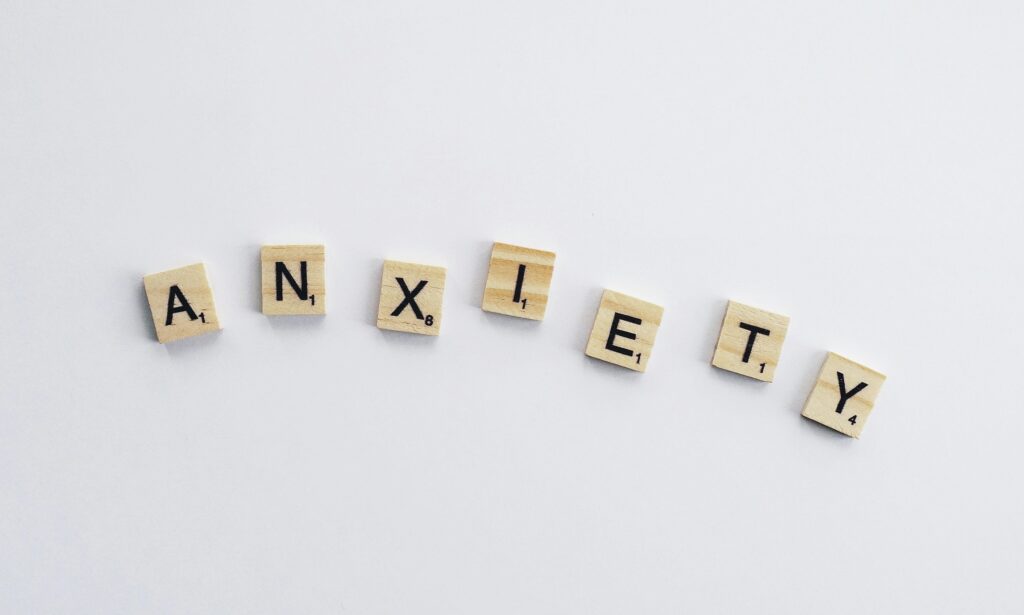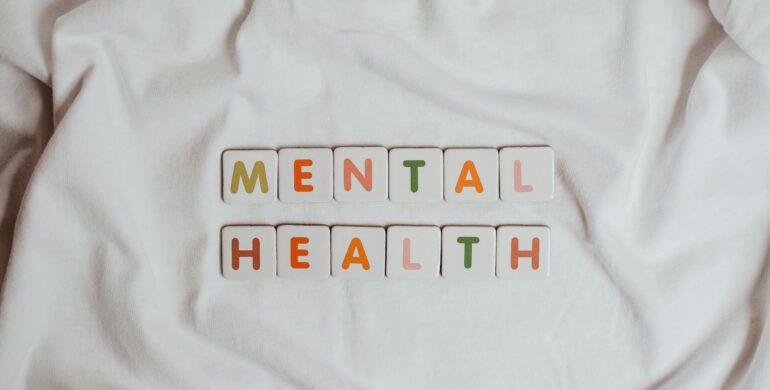It is often said that an “African man does not need therapy”. How true is this statement? In recent years, it has become a topic of discussion whether going for therapy helps reduce the effects and the challenges surrounding mental health.
The issues on Mental Health, its conditions, and challenges have become very prevalent in today’s world and there has been a paradigm shift in how the society perceives and addresses mental health issues.
The stigma surrounding mental health disorders is gradually being demystified through diverse mental health awareness programs, education, and advocacy. The advocacy of Mental Health challenges has in turn helped foster an improvement in demystifying these myths on mental health across the world.
According to an article by the World Health Organization, mental health is a state of mental well-being that enables people to cope with the stresses of life, realize their abilities, learn well, work well, and contribute to their community. Mental health disorders involve significant disturbances in the way of life of the people affected by these conditions.

These mental health disorders may include but are not limited to the ones listed below; Depression, Anxiety Disorder, Bipolar disorder, Schizophrenia, Post-Traumatic Stress Disorder (PTSD), and many others. These conditions and their symptoms vary on how they affect individuals. From an online Research, it is said that 1 out of every 8 persons suffers from one of the aforementioned mental health disorders.
In 2019, 1 in every 8 people, or 970 million people around the world were living with a mental disorder, with anxiety and depressive disorders the most common. In 2020, the number of people living with anxiety and depressive disorders rose significantly because of the COVID-19 pandemic. Initial estimates show a 26% and 28% increase respectively for anxiety and major depressive disorders in just one year.
Not to dwell much on these conditions and how they affect individuals, this article would be solely based on the myths about mental health conditions and the stigma faced by individuals suffering from these conditions. Historically, mental health as a discussion has been built on various misconceptions and many people experience stigma, discrimination and violations of human rights because of these conditions.
One of the major myth about mental health believed mostly by Africans and Black Americans is that these conditions are not real and if they were indeed real, Africans/Black-Americans do not go through this challenges neither do they need therapy one of the most proffered solutions for solving these challenges. People with mental illnesses are often seen as emotional, weak, unpredictable and even dangerous. Many of these mental health conditions can be effectively treated at relatively low cost, yet the health systems remain under-resourced to make treatments available for these conditions. (Mental health care is often poor in quality when delivered.}
These stigmas not only discourage the individuals from seeking help but also causes them shame and consequently isolation. A great deal of these individuals have suffered in silence, being apprehensive of the judgment and discrimination they could face. But with the increasing advocacy and enlightenment about mental health, there seems to be a change in the narrative.
Today, we have communities, healthcare professionals, individuals and non-governmental organizations who are now challenging these archaic perceptions and are promoting the acceptance of these conditions and empathy for individuals who go through them. Several initiatives have been put in place such as mental health awareness campaigns and projects, discussions on mental health, and workplace policies that foster discussions on mental health, thereby creating a safe space for individuals to seek support without the fear of stigmatization.

Education also plays an important role in deconstructing this stigma. By educating people about mental health, we empower individuals to make decisions that positively impacts their mental health and that of others around them. This is why The Restored Heart Foundation; a non-profit organization has shown its support in the eradication of the stigma faced by individuals who suffer from mental health disorders. With the Foundation’s ongoing project on mental health called the “MENTAL HEALTH FIRST-AIDERS FELLOWSHIP” it aims to equip participants/fellows with the knowledge needed for mental health advocacy, making them advocates and helping them proffer solution and give necessary advice to people with these disorders.
Furthermore, putting a stop to mental health stigma requires fostering supportive environments for humans in all areas of life. Employers should also help provide a work-life balance for employees. Also, the media, particularly the social media should also help normalize and advocate the discussions around mental health and mental health disorders by showcasing diverse experiences and recovery journeys of individuals to further inspire hope.
In conclusion, efforts to put an end to mental health stigma are still ongoing and together we can create a society in which the mental health of all individuals are prioritized. Breaking the stigma surrounding mental health related issues will further help promote and build a society where everyone feels supported, understood and empowered in their mental health journey and foster empathy and mental health education.


